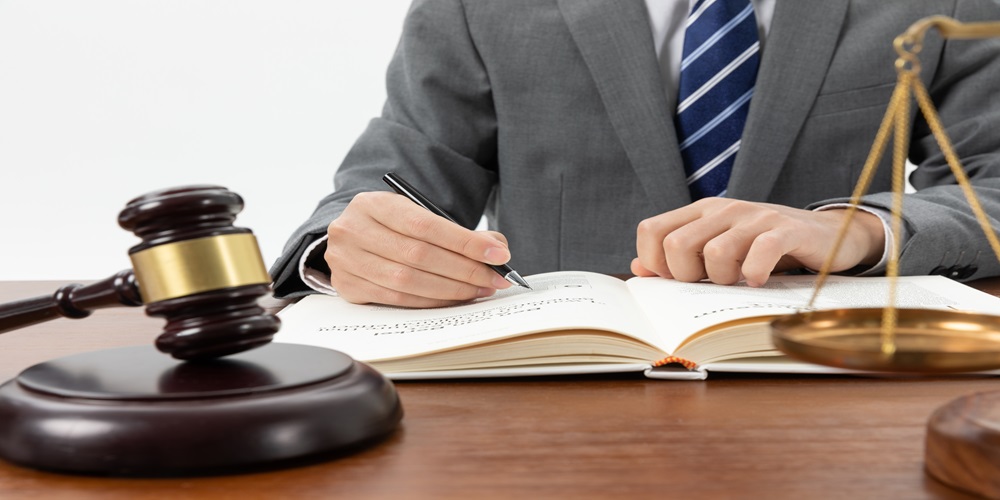5 Signs Defendants Should Reject a Plea Deal
Getting caught up in legal matters is tough. One big decision is whether to accept a plea deal or not. This choice can really affect how things turn out. Here are five signs that suggest you think twice before saying ‘yes’ to a plea deal. Remember, accepting or rejecting a plea deal is a big deal. According to criminal law attorney Dauphin, it can change what happens in your case.

1. The Deal Seems Too Easy
If the plea looks too lenient, it is a red flag. It could mean that the penalty doesn’t fit with what you are accused of. But if the bargain appears as a relatively mild consequence, judges may disagree.
A good plea deal should be fair, considering the wrongdoing. If it looks like you’re getting off too easy, it could make the criminal justice system seem unfair. Judges might say “no” to such deals to ensure things stay honest.
2. The Victim or Their Family Disagrees
What the victim or their family thinks about the deal matters. If they’re unhappy with it, the judge might not be either. This is a sign of the defendant to reject the plea deal.
The legal system also ensures that the victim and their family feel things are being made right. If they’re not satisfied with the deal, it could mean the punishment needs to be more. Judges might reject deals that don’t consider the feelings of those affected.
3. History of breaking the law
A judge may believe you deserve a harsher penalty if you have a lengthy criminal record. This implies that the defendant should consider this when considering a plea bargain. This means the judge could reject any plea bargain that fails to capture this.
When making a sentence, the judges take into account a person’s previous acts. However, if you’ve been in trouble with the law more than once, the judge might think a lenient plea deal does not address the behaviour pattern. In such instances, the defendant should refuse the plea bargain.
4. The Offer Isn’t a “Deal”
If the prosecution’s offer is equal to what the sentencing guidelines suggest, then it is not a great offer.
An ideal plea bargain must give the defendant some advantage, for instance, a reduced sentence or the dismissed charges. If the offer differs from what would happen at the trial, it cannot be considered a deal. Judges might find such agreements to be very unfair, and as a result, they may deny the plea bargain.
5. Violation of Law or Public Policy
A judge will likely say no if the plea agreement includes terms breaking the law or going against public policy. The defendant should take this as a sign and reject the plea deal. Accepting this might lead to more severe punishment.
Plea deals must adhere to legal and ethical standards. If the agreement involves actions that are illegal or against what’s considered suitable for the public, the judge may reject it outright.
Conclusion
Understanding the signs that indicate an agreement may not be in your best interest is vital. Each factor plays a role, whether it’s the severity of the offered terms, victim dissatisfaction, a significant criminal history, a lack of actual benefits, or law violations. Additionally, the potential consequences of rejecting a plea deal should be considered. This decision should involve carefully evaluating and considering all factors in your unique legal situation. Getting advice from lawyer can change everything. An intelligent lawyer knows a lot about how the law works.
